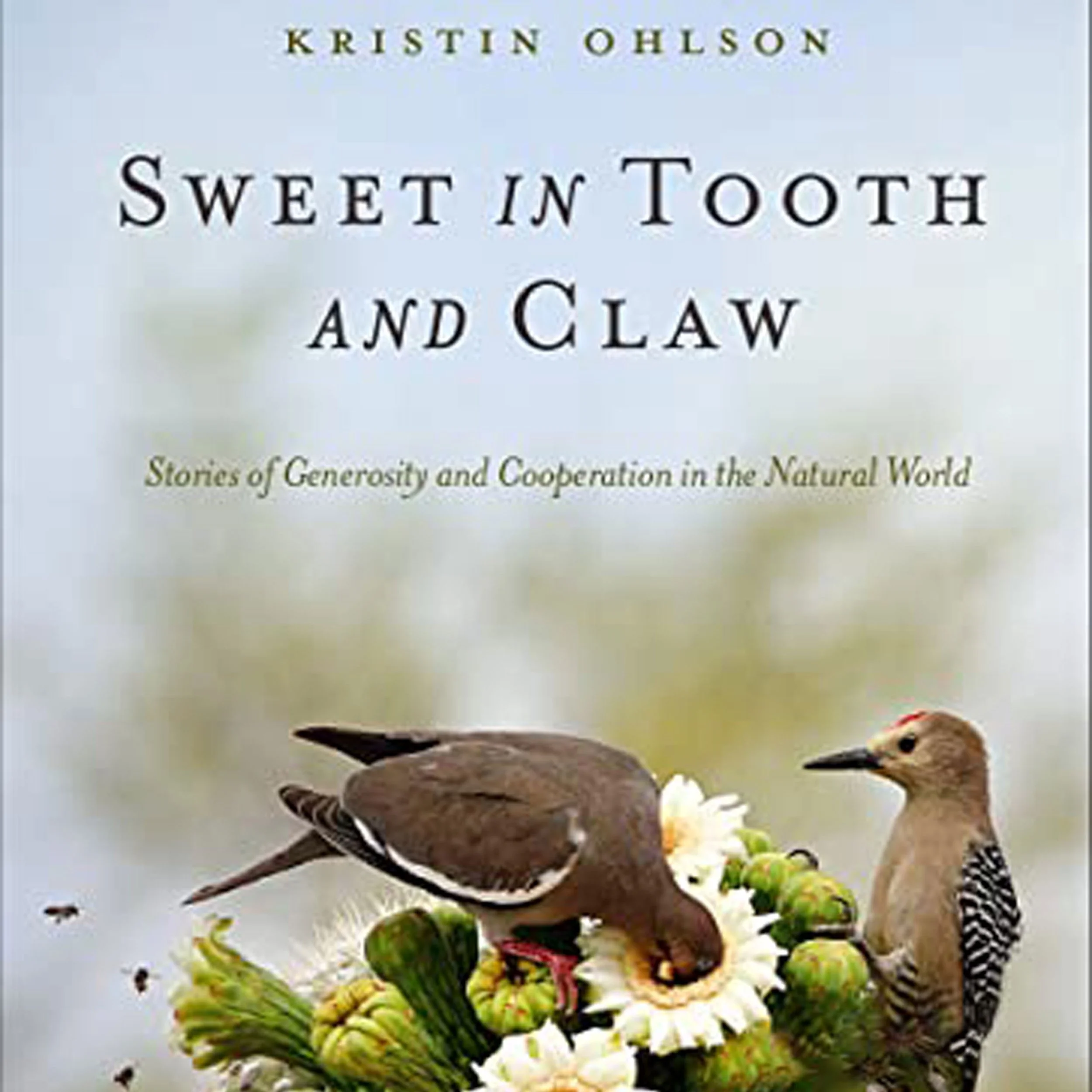How can we reverse biodiversity loss and restore our ecosystems? - Highlights - THOMAS CROWTHER
/Ecologist · Founder of Restor
Co-chair of the Board for the UN Decade on Ecosystem Restoration
Global restoration really means finding and empowering the millions of local communities, indigenous populations, and farmers who are promoting biodiversity. Restor is a digital platform, sort of like Google Maps, but for restoration. So rather than seeing coffee shops and supermarkets, you will see conservation projects and Indigenous-led restoration initiatives. And that means you can find a currently on Restor - I think we have around 140, 000 - so you can go on there for free right now and find thousands and thousands of these amazing heroes of nature. And you can zoom in and you can see every single tree on the ground. You can see every bush and you can fund them or you can buy their coffee or you can go visit their projects and do ecotourism. There's a myriad of ways that we can all support their efforts by also improving our own lives.
We need to be cutting our emissions so that we can allow nature to thrive and help us along the way. For far too long people have been squabbling about emissions. We should do this or we should do that. Climate change is way too big for us to be squabbling about things. We need to do everything now. When we grow the same crops every year, the soil gets more depleted and all the nutrients are lost. I've heard quotes that if we cannot find agricultural systems that rejuvenate the soil instead of depleting it, we are signing our death warrant. It's like we need to be promoting healthy soils if we're going to have any agriculture in the future.





